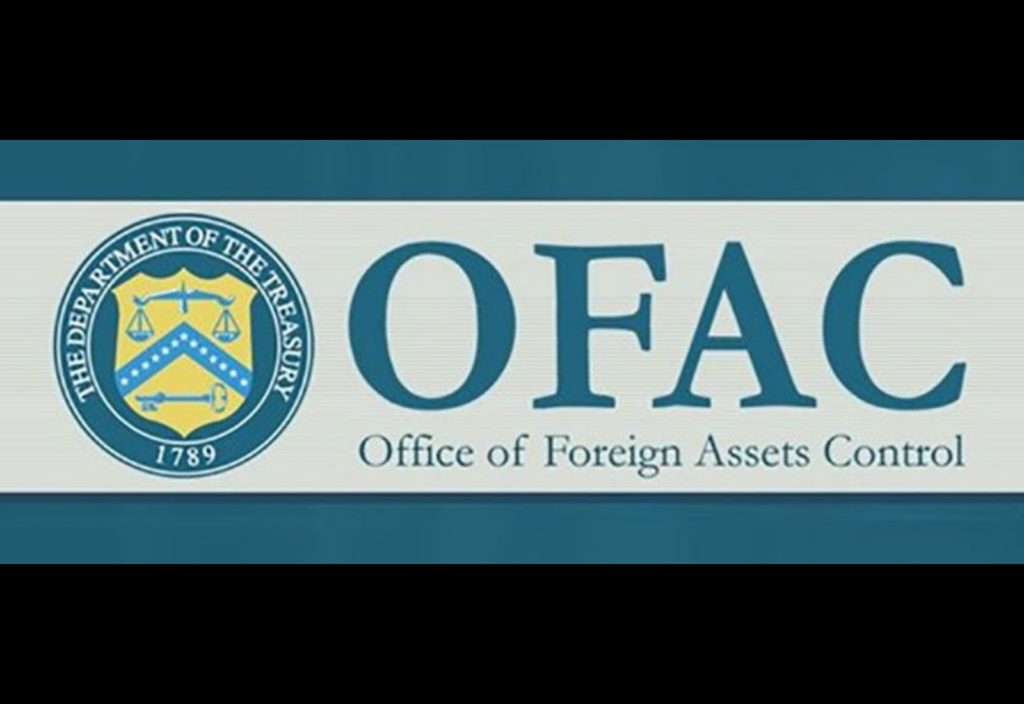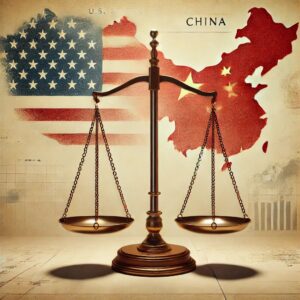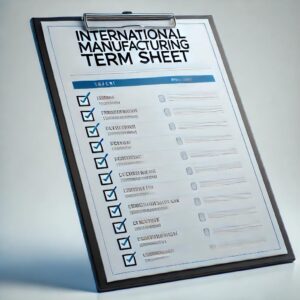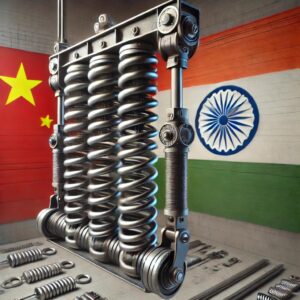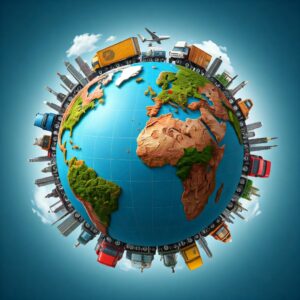The U.S. Department of the Treasury’s Office of Foreign Assets Control (OFAC) enforces U.S. economic and trade sanctions. OFAC sanctions generally block all U.S. individuals and entities – including in some cases U.S. companies’ foreign subsidiaries – from transacting business with comprehensively sanctioned countries, such as Cuba, Iran, North Korea, Russia, and Syria, or sanctioned individuals designated by OFAC as “Specially Designated Nationals” or “SDNs.” SDNs include individuals or entities that the United States has determined are terrorists, involved in illegal activities such as narcotics trafficking, or acting on behalf of sanctioned countries.
U.S. entities and individuals are generally prohibited from exporting goods to, importing goods from, paying, or otherwise dealing with goods with prohibited countries or SDNs. OFAC sanctions may apply to non-U.S. individuals and entities in that the sanctions prohibit exporting goods currently in or that subsequently arrive in the United States to prohibited entities or SDNs. These sanctions may also apply to U.S. companies’ foreign branches and subsidiaries.
Though China is not a comprehensively sanctioned country under OFAC, companies operating in China may still be subject to OFAC sanctions. As referenced above, U.S. companies’ foreign branches and subsidiaries in China may be subject to specific OFAC sanctions and U.S. individuals in China, or in any country, are subject to OFAC sanctions. Moreover, U.S. companies must not violate OFAC sanctions by undertaking activities that contribute to evading or avoiding the sanctions.
For U.S. exporters, OFAC sanctions prohibit shipments to China with knowledge that the goods will be re-exported from China to a sanctioned country or SDN. Similarly, for U.S. importers, OFAC generally prohibits importing into the United States goods from a Chinese company that the importer knows or should know originated from a sanctioned country or were purchased from an SDN.
By way of example, assume a U.S. company manufactures Product ABC and exports Product ABC to a company in China. At the time of export, the U.S. company either knows Product ABC will be re-exported from China to a sanctioned country or, based on the specific packaging or shipping instructions requested by the Chinese customer, is reasonably certain the product will be re- exported to the sanctioned country. Under these facts, OFAC would most likely determine that the U.S. company violated the OFAC sanction regulations.
There is no gray area with OFAC sanctions – they are either followed or violated. OFAC violations may subject U.S. companies and individuals to serious civil and criminal penalties, not to mention the adverse publicity.
U.S. companies and individuals trading with China should take appropriate actions to ensure their transactions comply with OFAC sanctions and any contemplated transaction that raises OFAC concerns or “red flags” should be carefully analyzed. Additionally, it will often make sense for your contracts with Chinese suppliers or customers to include language documenting these parties’ understanding of, and acknowledged compliance with, U.S. OFAC sanctions.
Just because China itself is not under OFAC sanctions does not mean you should ignore those sanctions when doing business with China.










